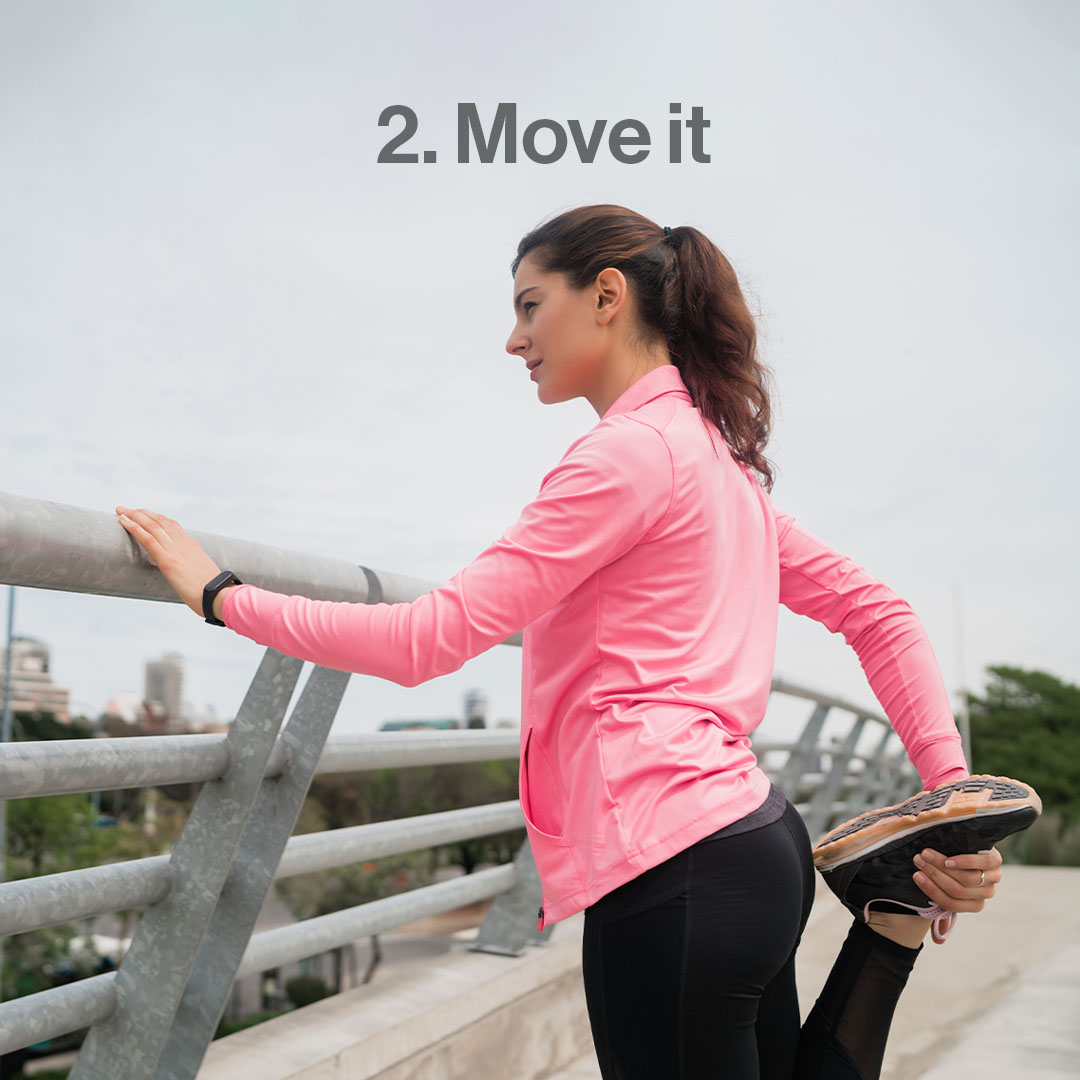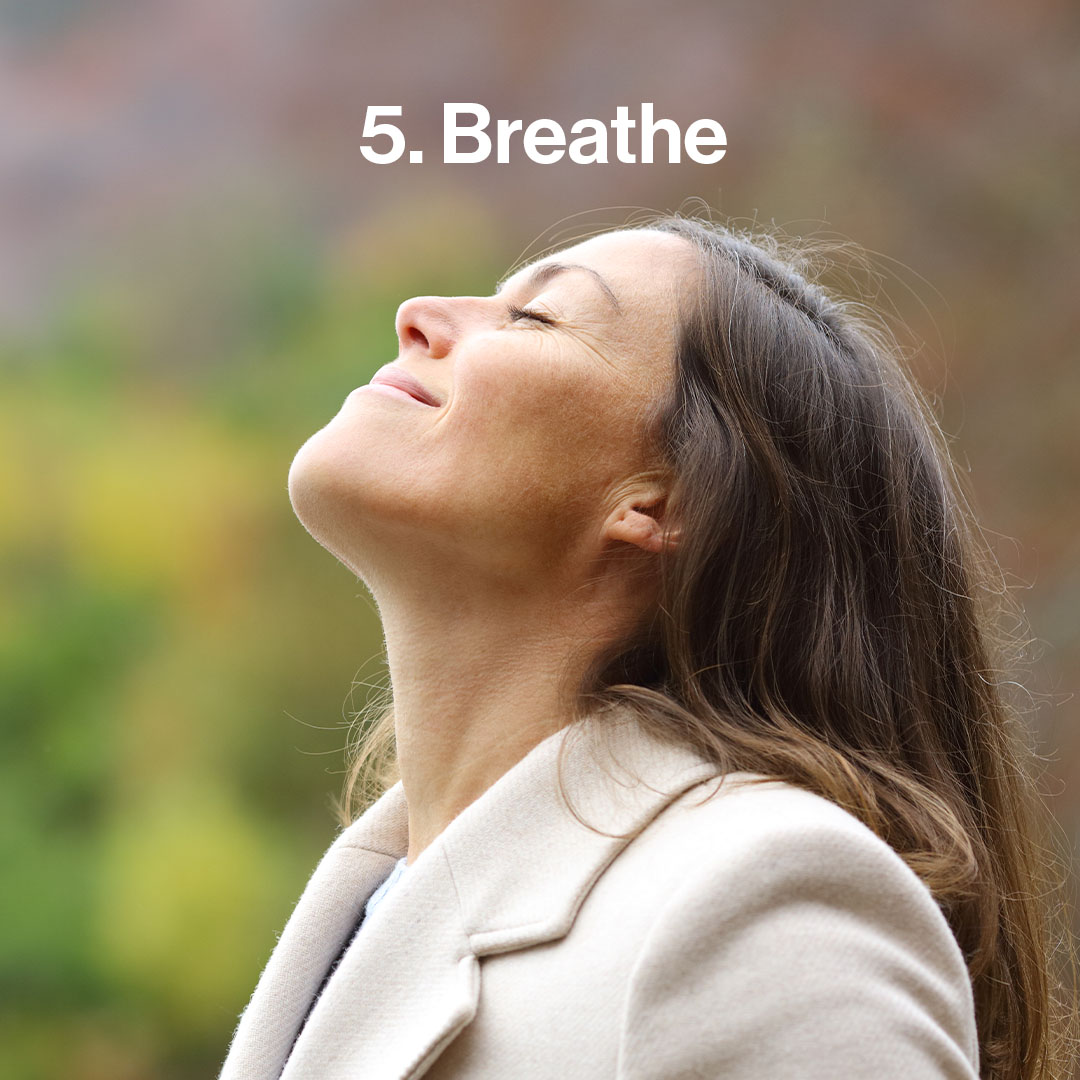How to ease stress: five top tips for soothing the mind and supporting skin.

"Dealing with stress is not just important for our mental health – it’s vital for our long-term wellbeing". Find out more about how it impacts the body below. Dr Gaby Prinsloo, medical director at the Advanced Nutrition Programme’s parent company the iiaa , shares five top tips and advice for helping ease stress – and to help prevent it damaging the mind, body and skin long-term.
“A healthy body can adapt to some stress, which is beneficial in many situations. But when there is too much stress, or when the stress response continues for too long, our physical and mental health suffers.
Research shows that prolonged stress can lead to anxiety, depression and a host of illnesses. Stress affects our sleep and our immune system. It disrupts digestion, increases inflammation, delays healing and can aggravate skin conditions like acne, dermatitis and psoriasis. On top of that, it accelerates ageing.
While stress is unavoidable, we can do something about it. Think about working these tips into your daily routine, but most importantly: have fun with them!”

A good night’s sleep is one of the most important things we can do to reduce stress and improve wellbeing. Sleep regulates hormones, improves our metabolism and immune system, increases physical and emotional resilience, and improves thinking and performance.
The majority of us need about eight hours of good quality sleep, but when we are stressed, we might need more. Focus on creating an enjoyable 30-minute, pre-bed routine to relax physically and mentally.

Exercise and movement are essential for reducing the impact of stress. When we exercise, we use up the fuels and stress hormones released during a stressful day.
Ideally, include cardiovascular exercise, strength training and stretching throughout the week – in appropriate amounts for you as an individual. In addition to my cardio (such as running or cycling), I really enjoy yoga. It is a great stress reliever and an excellent way to wind down. The physical postures improve strength and release muscle tension, decreasing aches and pains. Breathing calms down the stress response, helping us to relax.

Our bodies need to maintain stable blood sugar levels. If levels drop too low, a stress response is generated to release more fuel. This response has the same physical effect as feeling stressed about a deadline. To avoid it, eating regularly is important. Some people will prefer having two meals a day and some need five smaller meals. Everyone is different, so listen to your body.

Including fresh vegetables and fruit in the diet is vital. These contain vitamins and minerals essential for managing stress and supporting immunity. Ideally, we would get all nutrients from food, but even fruit and vegetables can have low nutrient quality, and daily supplements can help provide additional support. If you are taking supplements, I recommend that these are taken daily with your main meal to help absorption.

Slow, relaxed breathing calms the stress response and relaxes our bodies and minds. If you feel stressed or anxious: focus on your breathing. Slow it down as much as possible, without straining, and relax into a comfortable rhythm. A daily breathing practice of just 5 to 10 minutes, reduces chronic stress and increases energy and resilience over time.
